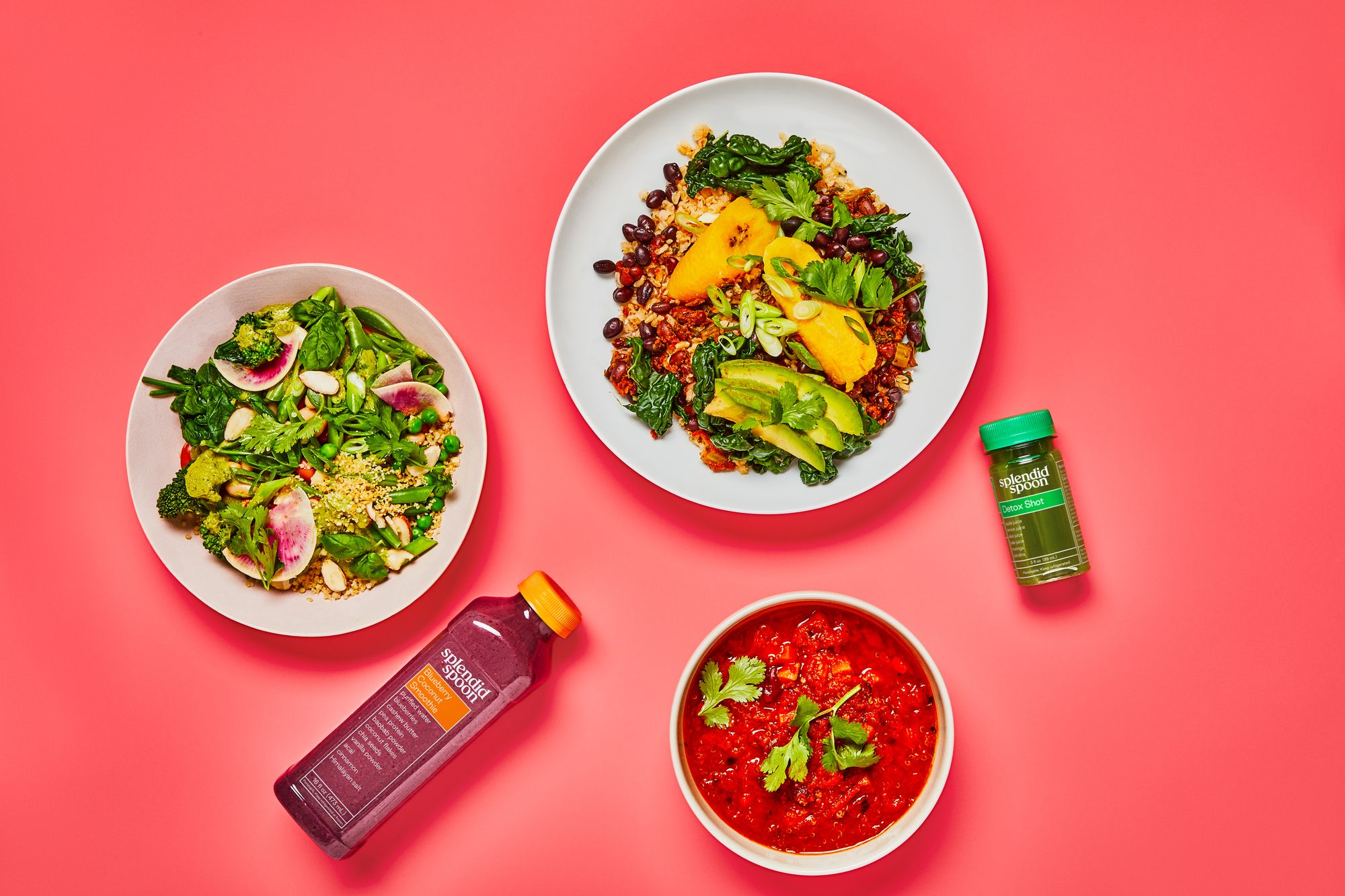
We have talked to Elissa Goodman, a Holistic Nutritionist and Lifestyle Cleanse Expert to find out about importance of nutrition in health promotion.
Elissa Goodman is a Holistic Nutritionist and Lifestyle Cleanse Expert. After being diagnosed with cancer and autoimmune diseases in her 30s and then losing her husband to his own fight with cancer, Elissa quit her job at Vogue to study holistic nutrition. Fast forward a number of years, and she has helped thousands of clients manage their own health issues. Elissa has created several successful cleanses, including her own delivered SOUP cleanse here in Los Angeles, which sells out every week it is offered, and her 7-Day RESET cleanse, which recently launched. Her Super Seed Bars from the SOUP Cleanse are now being sold online nationwide and they have received immense positive praise. Elissa collaborates with leading health and wellness partners including Café Gratitude and M Café, has signature juice blends at Erewhon Markets and a food program at Earth Bar in LAX. Elissa is regularly asked to contribute to outlets such as Huffington Post, abc7, NBC LA, E! News, Well & Good, Mind Body Green, The Daily Mail and more. Elissa is also regularly asked to be a guest on podcasts such as Goop and Better Together with Maria Menounos. Elissa published a best-selling book called Cancer Hacks and she is currently working on her second book called Autoimmune Hacks.
At what point in your life have you learned about the benefits of a plant-based diet?
I learned about the true benefits of a plant-based diet in my 30’s when I was diagnosed with cancer. At that time, I switched to a fully plant-based diet and began juicing organic vegetables daily. I cut out all dairy and meat and the results were astounding. Changing my diet to plant-based was one of the reasons why I recovered from my diagnosis. I truly believe the diet shift did more for me than the radiation treatment I was originally on before taking matters into my own hands.
Can you please talk about the link between nutrition and health.
This is a packed question and I could go on about it for hours! There is a direct and undeniable link between nutrition and health. For me, personally, nutrition has been at the forefront of my health. As I mentioned previously, focusing on nutrition is one of the strategies that helped to save my life.
You can maintain a ‘healthy’ weight and look good on the outside, however, if you are not getting the proper nutrients, you may still be very ill on the inside. Nutrition is one of the, if not the, most important aspects of health – and the majority of us are lacking in it. Luckily, we can all take steps every day to improve our nutrition. For example, drinking green juice, limiting animal protein intake, and cooking at home are all simple ways that we can improve our nutrition.
Having seen the benefits of a plant-based diet on your clients, can you please talk about a few which you see most frequently?
Most often when my clients transition to a more plant-focused diet they become more energized, sleep better, have clearer and glowing skin, and feel better mentally/emotionally.
Where do you stand on the use of unprocessed sugar (which is found in fruits) vs processed sugar?
I recommend that my clients and loved ones avoid processed sugar at all costs. However, unprocessed sugar is different. I encourage my clients to eat fruit and sweet vegetables because of all of the incredible phytonutrients and gut-promoting fiber. I also advise my clients to avoid juicing fruit and sweet vegetables like beets because without the fiber, that sugar gets absorbed much quicker and can cause your blood-glucose levels to spike.
How can one convince a person with chronic illness that a plant-based lifestyle could help in curing it?
Simply look to the science! Most research indicates that, if done right, plant-based lifestyles are more effective than others at preventing chronic disease. The key here is that the plant-based lifestyle must be done right! For example, you should not cut out meat and add in a bunch of simple carbohydrates like white pasta. You must continue to eat a balanced diet comprised of vegetables, fruits, complex (ideally gluten-free) carbohydrates, healthy fats, etc.
In terms of convincing someone though, we are all on our own paths in life. You can share information with someone, and they still may not be ready to make a transition to a plant-focused diet. So rather than trying to convince someone, I recommend presenting them with the data, and then come to the personal understanding that they will make the right decision when they are ready.
Can you please talk about the typical foods/meals you recommend to your clients to eat in a day?
I always recommend starting the day off with a large glass of water. This will help to hydrate you after a long night’s sleep. Your cells are craving water first thing in the morning, so the last thing you want to do is start your day off with caffeine or a large meal.
After your water, opt for a vegetable juice. I recommend using organic celery, romaine, parsley, dandelion greens, and lemon as a base. From there, you can add cucumber, kale, collard greens, chard, and any other greens you may like. I also like to eat nutrient-dense vegan protein throughout the day such as tempeh, lentils, beans, and organic tofu. Make sure to add in healthy fats like avocado and olive oil. Be sure to eat a whole food and varied diet every day for optimal nutrients.
Looking to try plant-based diet? Not sure where to start? At Splendid Spoon, we help you stay sweet and balanced with easy plant-based meal options for breakfast, lunch and dinner. Don’t have time to calculate ratios and scrutinize ingredient lists? You can leave the work to us. All of our meals are designed to make eating nutrient-dense and delicious plant-based food easy.
Questions? Email hello@splendidspoon.com.
